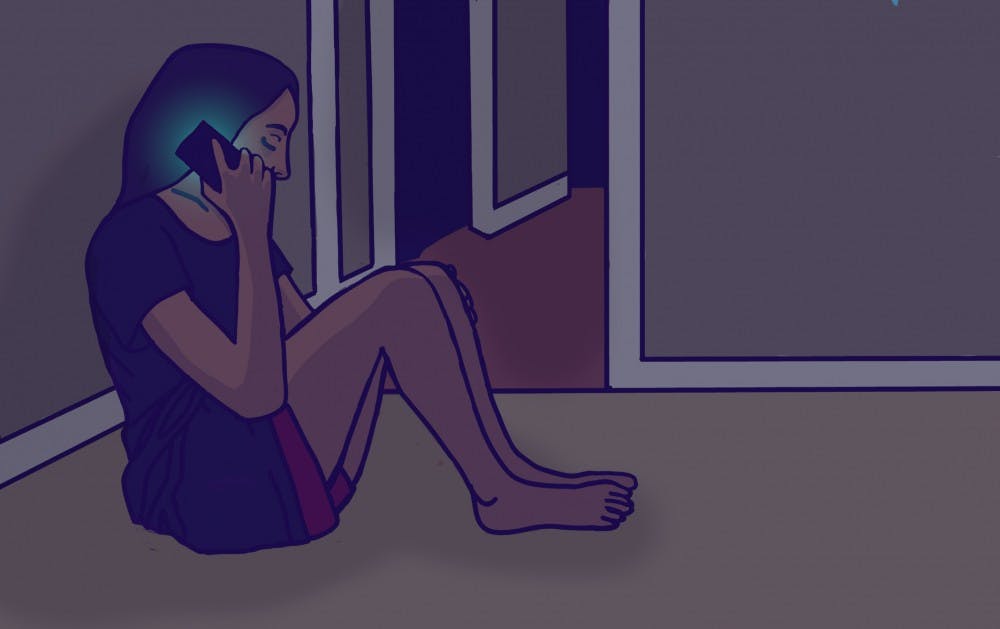ASU's Department of Psychology has developed an Applied Prevention Science program aimed at teaching graduate students how to prevent suicide in their communities by identifying warning signs for suicidality in children and adolescents.
Students learn how to take a proactive approach to suicide prevention by learning how to effectively discuss mental health issues with parents and students in their community. These skills can then be used to develop programs in schools and organizations that address mental health issues using evidence-based programs that are proven to work outside of a lab setting, according to various University professors and counselors.
Armando Pina, an associate professor of psychology, said that preventing suicide in communities is something that students should view as a case-by-case scenario. He said each case should involve learning to work with stakeholders and community leaders to find the best solution to suicide and mental health issues.
“It's a matter of figuring out what would work best for their community and what is it that we can do to better serve that community and become partners, and together affect change,” Pina said. “It's not so much, ‘I have this; I want you to use it,’ … this is about collaboration. It's about working together as a team.”
Ryan Stoll, who was mentored by Pina and who founded Compass for Courage, a social and emotional learning program for elementary schools, said that in Arizona many public schools use mental health prevention programs that are not science-based.
“Part of the prevention certificate program is helping to de-implement these non-evidence based programs and replace them with programs that science has demonstrated, can have an effect, can prevent disorder from occurring, (and) can reduce risk,” Stoll said.
Read More: ASU's Compass for Courage helps kids with anxiety
Stoll said that he and Pina collaborated with Arizona school districts for several years to learn what resources schools needed in order to get evidence-based programs into practice.
Considering whether a school’s therapists can follow the program on a continual basis, if students like the program and if the parents accept the program are all important factors in deciding what program works best for a school, Pina said.
“Maybe we want to see the kids being happier and engaging in more relationships with all the kiddos, participate more in birthday parties (and) get-togethers,” Pina said. “Those are clinical indicators. Those are the kinds of things that we want to see.”
Dr. Aaron Krasnow, associate vice president and director of ASU Counseling Services, said he knows firsthand how difficult giving students mental health services is when they come from communities or families that still have a stigma against mental illness.




